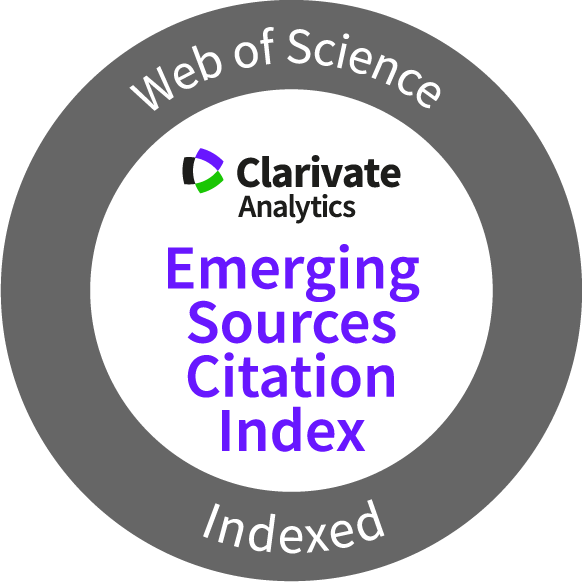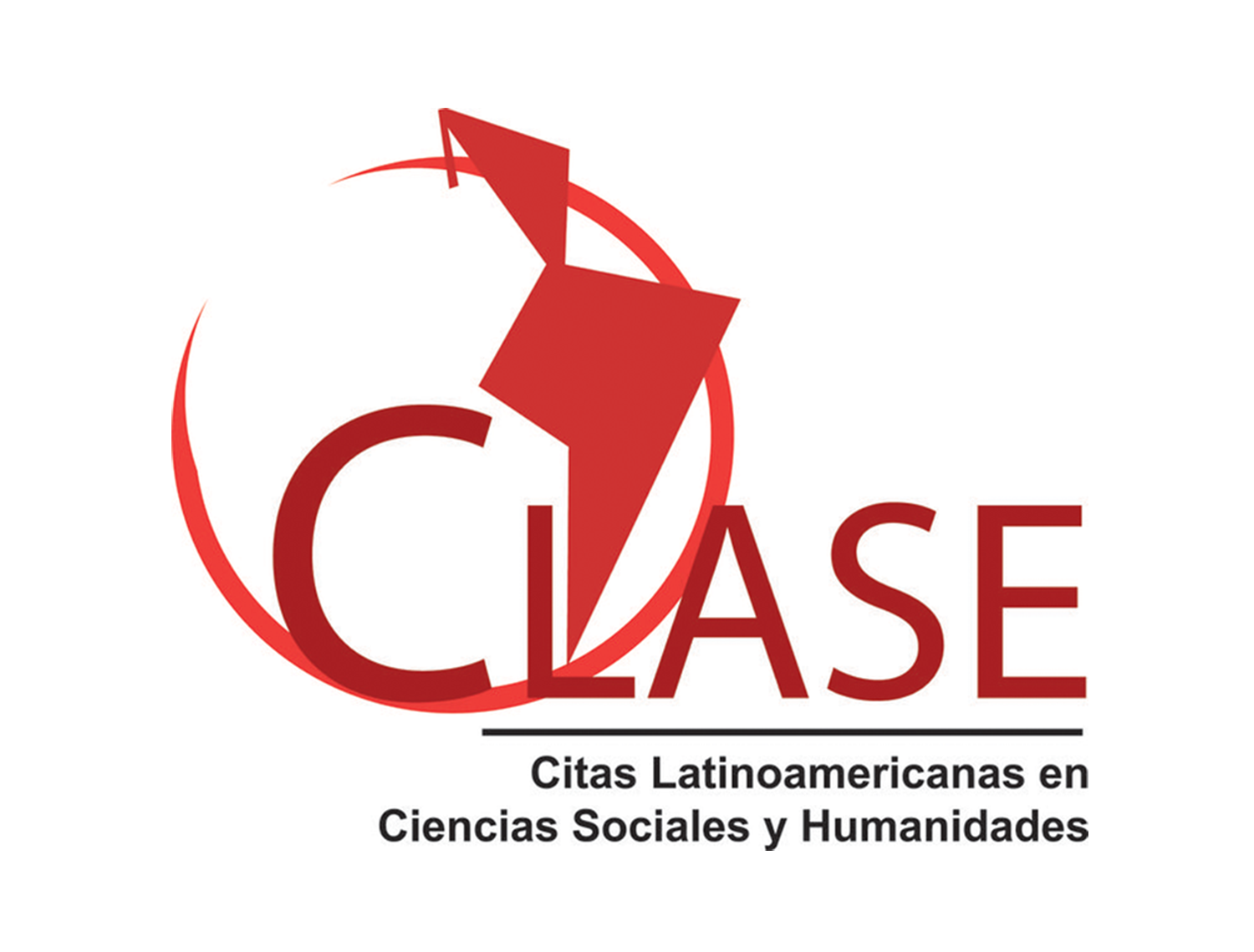La deportación y la separación familiar en la frontera San Diego-Tijuana
Keywords:
separación familiar forzada, deportación, migración indocumentada, frontera San Diego-TijuanaAbstract
Las deportaciones de Estados Unidos han llevado a la separación de miles de padres y madres indocumentados de sus hijos. Basándose en el caso de la zona fronteriza San Diego-Tijuana, el objetivo de este artículo es explorar de qué manera la política migratoria llegó a permitir, y en momentos dictar, la separación familiar. El tema es abordado dentro de un marco analítico multidimensional y contextual centrado en el entrecruce de: la globalización de la expulsión; las fuerzas históricas que propagaron el uso de la deportación como instrumento de control poblacional en la zona; la interconexión de los sistemas legislativos que actualmente rigen la inmigración y el bienestar del menor; y la praxis. Se argumenta que la separación familiar forzada es un fenómeno arraigado en la frontera San Diego-Tijuana, en el tejido de los regímenes legislativos y en la praxis, lo cual ha terminado por “normalizar” su ejercicio en la región.Downloads
Download data is not yet available.
References
Aguilera, E. (2012, 5 de abril). Nearby 50 000 undocumented parents deported in first half of 2011. Union Tribune San Diego. Recuperado de http://www.utsandiego.com/news/2012/apr/05/nearly-50000-undocumented-parents-deported-first-s/
Alarcón, R. (2011). U.S. Immigration policy and the mobility of Mexicans (1882-2005). Migraciones Internacionales, 1, 186-218.
Álvarez, R. (2012). Reconceptualizaing the space of the Mexico-US borderline. En T. M. Wilson y H. Donnan (Eds.), Companion to border studies. Malden/Oxford-West Sussex: Wiley Blackwell.
Ballinger, P. (2012). Borders and the rhythms of displacement, emplacement and mobility. En T. M. Wilson y H. Donnan (Eds.), Companion to border studies. Malden/Oxford-West Sussex: Wiley Blackwell.
Camargo, R. (2012). Deportation of parents of U.S. children unacceptable, congressmen say. VOXXI Independent News. Recuperado de http://www.voxxi.com/deportation-of-thousands-of-parents-of-u-s-children-unacceptable-congressmen-say/
Department of Homeland Security (DHS). (2011). Yearbook of immigration statistics: 2010. Washington, D. C.: Office of Immigration Statistics.
Foley, E. (2014). Deportation separated thousands of U.S.-born children from parents in 2013. Huffington Post. Recuperado de www.huffingtonpost.com/2014/06/25/parents-deportation_n_5531552.html
Guerin-Gonzales, C. (1994). Mexican workers and American dreams: Immigration, repatriation, and California farm labor, 1900-1939. New Brunswick, Nueva Jersey: Rutgers University Press.
Gonzalez, D. (2012, 4 de abril). Stats detail deportation of parents who have American-born children. The Arizona Republic. Recuperado de http://www.azcentral.com/arizonarepublic/news/articles/20120404deportation-stats-detail-parents-american-born-children.html
Griswold del Castillo, R. (2007). From revolution to economic depression. En R. Griswold del Castillo (Ed.), Chicano San Diego. Cultural space and the struggle for justice. Tucson, Arizona: The University of Arizona Press.
Hoffman, A. (1974). Unwanted Mexican Americans in the Great Depression. Tucson, Arizona: The University of Arizona Press.
kidsdata.org. (2016). Number of children in foster care, by race/ethnicity. Recuperado de http://www.kidsdata.org/topic/22/
Ngai, M. (2003). The strange career of the illegal alien: Immigration restriction and deportation policy in the United States, 1921-1965. The Journal of American History, 1, 69-107.
Peutz, N. (2006). Embarking on an anthropology of removal. Current Anthropology, 47(2), 217-241.
Rabin, N. (2011). Disappearing parents: A report on immigration enforcement and the Child Welfare System. Tucson, Arizona: The University of Arizona.
Schoenherr, S. (2008). National City in pictures. The Journal of San Diego History, 54(3), 162-183.
Schrag, P. (2010). Not fit for our society: Immigration and nativism in America. Los Ángeles, California: University of California Press.
Trevizo, P. (2013, 6 de enero). Deportations from AZ are down sharply, decline mirrors drop in apprehensions and fewer migrants in state. Arizona Daily Star. Recuperado de http://azstarnet.com/news/local/border/deportations-from-az-are-down-sharply/article_9f0ff709-35b1-59d8-afb7-05bc4e278673.html
Trevizo, P. (2015). Exhortan a padres sin documentos a proteger a sus hijos. La Estrella de Tucson. Recuperado de http://tucson.com/laestrella/exhoratan-a-padres-sin-documentos-a-proteger-a-sus-hijos/article_ad0b7ca8-db7c-5065-8459-87b7faca5474.html
Union Tribune. (2015, 22 de diciembre). Inmigración arrests, deportations declines in 2015. Recuperado de http://www.sandiegouniontribune.com/news/2015/dec/22/deportations-decline-immigration-enforcement/
U.S. Immigration and Customs Enforcement (ICE). (2012). Top Story: Partnerships with local law enforcement net criminal alien arrests. Recuperado de http://www.ice.gov/news/releases/1205/120508escondido.htm
Velasco, L. y Coubès, M.-L.. (2013, diciembre). Reporte sobre dimensión, caracterización y áreas de atención a mexicanos deportados desde Estados Unidos [Reporte ejecutivo]. Tijuana, Baja California: El Colegio de la Frontera Norte.
Walters, W. (2002). Deportation, expulsion and the International Police of Aliens. Citizenship Studies, 6(3), 265-292.
Wessler, S. F. (2011). Shattered families. The perilous intersection of immigration enforcement and the Child Welfare System. Nueva York: Applied Research Center.
Women’s Refugee Commission (WRC). (2010). Torn apart by immigration enforcement: Parental rights and immigration detention. Nueva York: Autor.
Alarcón, R. (2011). U.S. Immigration policy and the mobility of Mexicans (1882-2005). Migraciones Internacionales, 1, 186-218.
Álvarez, R. (2012). Reconceptualizaing the space of the Mexico-US borderline. En T. M. Wilson y H. Donnan (Eds.), Companion to border studies. Malden/Oxford-West Sussex: Wiley Blackwell.
Ballinger, P. (2012). Borders and the rhythms of displacement, emplacement and mobility. En T. M. Wilson y H. Donnan (Eds.), Companion to border studies. Malden/Oxford-West Sussex: Wiley Blackwell.
Camargo, R. (2012). Deportation of parents of U.S. children unacceptable, congressmen say. VOXXI Independent News. Recuperado de http://www.voxxi.com/deportation-of-thousands-of-parents-of-u-s-children-unacceptable-congressmen-say/
Department of Homeland Security (DHS). (2011). Yearbook of immigration statistics: 2010. Washington, D. C.: Office of Immigration Statistics.
Foley, E. (2014). Deportation separated thousands of U.S.-born children from parents in 2013. Huffington Post. Recuperado de www.huffingtonpost.com/2014/06/25/parents-deportation_n_5531552.html
Guerin-Gonzales, C. (1994). Mexican workers and American dreams: Immigration, repatriation, and California farm labor, 1900-1939. New Brunswick, Nueva Jersey: Rutgers University Press.
Gonzalez, D. (2012, 4 de abril). Stats detail deportation of parents who have American-born children. The Arizona Republic. Recuperado de http://www.azcentral.com/arizonarepublic/news/articles/20120404deportation-stats-detail-parents-american-born-children.html
Griswold del Castillo, R. (2007). From revolution to economic depression. En R. Griswold del Castillo (Ed.), Chicano San Diego. Cultural space and the struggle for justice. Tucson, Arizona: The University of Arizona Press.
Hoffman, A. (1974). Unwanted Mexican Americans in the Great Depression. Tucson, Arizona: The University of Arizona Press.
kidsdata.org. (2016). Number of children in foster care, by race/ethnicity. Recuperado de http://www.kidsdata.org/topic/22/
Ngai, M. (2003). The strange career of the illegal alien: Immigration restriction and deportation policy in the United States, 1921-1965. The Journal of American History, 1, 69-107.
Peutz, N. (2006). Embarking on an anthropology of removal. Current Anthropology, 47(2), 217-241.
Rabin, N. (2011). Disappearing parents: A report on immigration enforcement and the Child Welfare System. Tucson, Arizona: The University of Arizona.
Schoenherr, S. (2008). National City in pictures. The Journal of San Diego History, 54(3), 162-183.
Schrag, P. (2010). Not fit for our society: Immigration and nativism in America. Los Ángeles, California: University of California Press.
Trevizo, P. (2013, 6 de enero). Deportations from AZ are down sharply, decline mirrors drop in apprehensions and fewer migrants in state. Arizona Daily Star. Recuperado de http://azstarnet.com/news/local/border/deportations-from-az-are-down-sharply/article_9f0ff709-35b1-59d8-afb7-05bc4e278673.html
Trevizo, P. (2015). Exhortan a padres sin documentos a proteger a sus hijos. La Estrella de Tucson. Recuperado de http://tucson.com/laestrella/exhoratan-a-padres-sin-documentos-a-proteger-a-sus-hijos/article_ad0b7ca8-db7c-5065-8459-87b7faca5474.html
Union Tribune. (2015, 22 de diciembre). Inmigración arrests, deportations declines in 2015. Recuperado de http://www.sandiegouniontribune.com/news/2015/dec/22/deportations-decline-immigration-enforcement/
U.S. Immigration and Customs Enforcement (ICE). (2012). Top Story: Partnerships with local law enforcement net criminal alien arrests. Recuperado de http://www.ice.gov/news/releases/1205/120508escondido.htm
Velasco, L. y Coubès, M.-L.. (2013, diciembre). Reporte sobre dimensión, caracterización y áreas de atención a mexicanos deportados desde Estados Unidos [Reporte ejecutivo]. Tijuana, Baja California: El Colegio de la Frontera Norte.
Walters, W. (2002). Deportation, expulsion and the International Police of Aliens. Citizenship Studies, 6(3), 265-292.
Wessler, S. F. (2011). Shattered families. The perilous intersection of immigration enforcement and the Child Welfare System. Nueva York: Applied Research Center.
Women’s Refugee Commission (WRC). (2010). Torn apart by immigration enforcement: Parental rights and immigration detention. Nueva York: Autor.
Downloads
Published
2017-04-26
How to Cite
Ruiz Marrujo, O. (2017). La deportación y la separación familiar en la frontera San Diego-Tijuana. Culturales, 5(1), 121–149. Retrieved from https://culturales.uabc.mx/index.php/Culturales/article/view/488
Issue
Section
Articles
License
Culturales journal allows you to share, copy and redistribute the material in any medium or format; adapt, remix, transform, and build upon the material for any purpose, including commercially, by properly crediting the work and providing a link to the license indicating whether changes have been made.
Culturales journal is licensed under the Creative Commons Attribution 4.0 International License (CC BY 4.0)



















